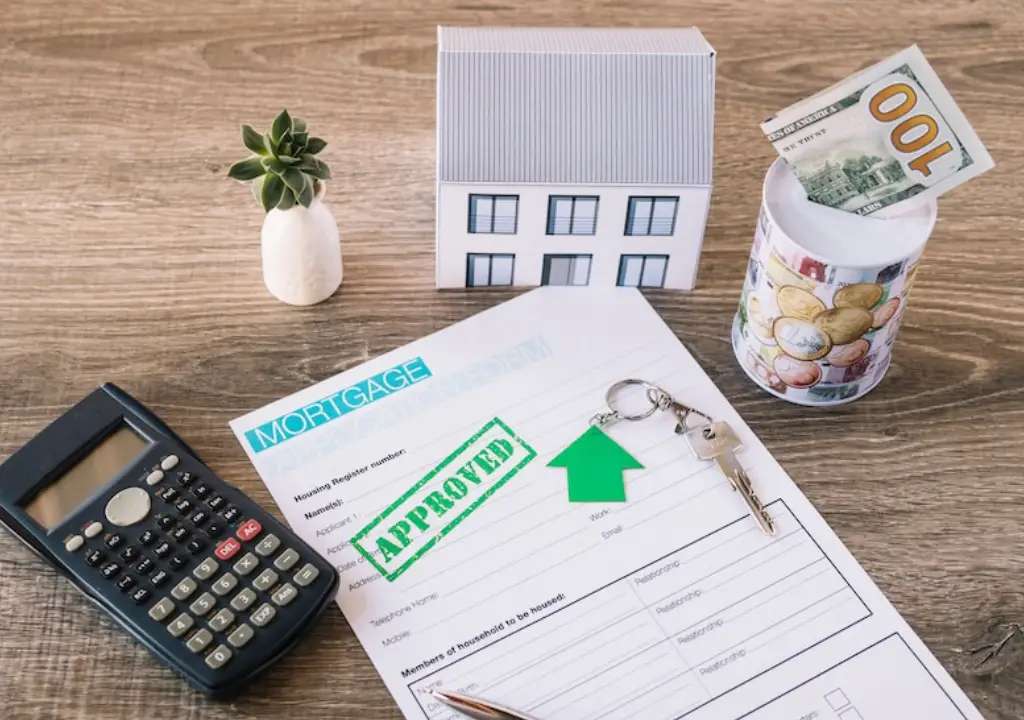A home equity loan is a financial tool that allows homeowners to borrow against the equity they have built up in their property. This type of loan can provide access to a substantial amount of money, making it an attractive option for those in need of funds for various purposes. However, like any financial decision, a home equity loan should be carefully considered and evaluated based on individual circumstances. In this article, we will explore the situations in which a home equity loan can be a good idea.
Is a home equity loan a good idea?
A home equity loan can be a prudent choice when seeking funds for significant home improvements, consolidating high-interest debts, or handling emergencies. Careful evaluation of terms, equity, and potential risks is vital. Consulting a financial expert ensures a well-informed decision tailored to individual circumstances.
When are home equity loans a good idea?
Home equity loans are wise choices for financing home improvements, consolidating debts at lower rates, and covering urgent expenses. Caution and thorough comparison of terms are essential. Consulting financial experts can guide decisions that align with individual needs and goals.
When are home equity loans not a good idea?
Home equity loans are ill-advised for short-term needs, luxury purchases, or if there’s a risk of repayment challenges. If property values drop or financial stability is uncertain, such loans could jeopardize long-term financial security.
Pros and cons of Home Equity loans
Pros of Home Equity Loans
Lower Interest Rates: Home equity loans often offer lower interest rates compared to unsecured loans, making them cost-effective for borrowing larger sums.
Tax Deductibility: The interest paid on home equity loans may be tax-deductible if the funds are used for home improvements, potentially reducing the overall cost.
Fixed Payments: Home equity loans typically come with fixed interest rates and monthly payments, providing predictability and stability for budgeting.
Larger Loan Amounts: Since these loans are secured by your home’s equity, you can access substantial amounts of money for significant expenses.
Flexible Use: Borrowers have the flexibility to use the loan for various purposes, such as home renovations, debt consolidation, education, or emergencies.
Cons of Home Equity Loans
Risk of Foreclosure: If you fail to make payments, your home is at risk of foreclosure since it’s used as collateral, putting your property ownership in jeopardy.
Added Debt Burden: Taking on additional debt can strain your finances, especially if you’re already managing a mortgage and other financial obligations.
Closing Costs: Similar to a mortgage, home equity loans may come with closing costs, which can add to the overall expense of the loan.
Variable Property Values: Economic fluctuations can affect property values, potentially reducing the equity in your home and impacting your borrowing capacity.
Long-Term Commitment: Home equity loans are often repaid over a long period, tying you to the debt for years and potentially limiting your financial flexibility.
Should I get a home equity loan?
Consider a home equity loan if you have a specific, substantial need like home improvements or debt consolidation, can manage the associated risks, and have a clear plan for repayment.
What are some alternative options to home equity loans?
Alternative options to home equity loans include personal loans, balance transfer credit cards, refinancing your primary mortgage, borrowing from family, and seeking grants or assistance programs. Each option has its pros and cons, so evaluate based on your financial situation and specific needs.
FAQ’s
What can the funds from a home equity loan be used for?
Funds from a home equity loan can be used for various purposes such as home renovations, debt consolidation, education expenses, emergency medical bills, or other significant financial needs.
Should I choose a home equity loan or HELOC?
Choose a home equity loan for fixed payments and lump sum needs. Opt for a HELOC if you prefer flexibility in accessing funds over time and variable interest rates. Consider your financial goals.
What is the down side of a home equity loan?
The downside of a home equity loan includes the risk of foreclosure if payments are missed and the potential long-term commitment that ties up your home’s equity.
Is it good idea to borrow from your home equity?
Borrowing from home equity can be beneficial for specific purposes like improvements or debt consolidation, but careful consideration of risks, repayment ability, and alternatives is crucial.
Conclusion
A home equity loan can provide a valuable source of funds for various purposes, but it’s not a decision to be taken lightly. Assess your financial situation, consider the purpose of the loan, and evaluate the risks and benefits thoroughly. In many cases, consulting with a financial advisor can help you make an informed decision based on your unique circumstances. Remember that responsible borrowing is key to ensuring that a home equity loan remains a beneficial financial tool for you and your home’s long-term financial well-being.







